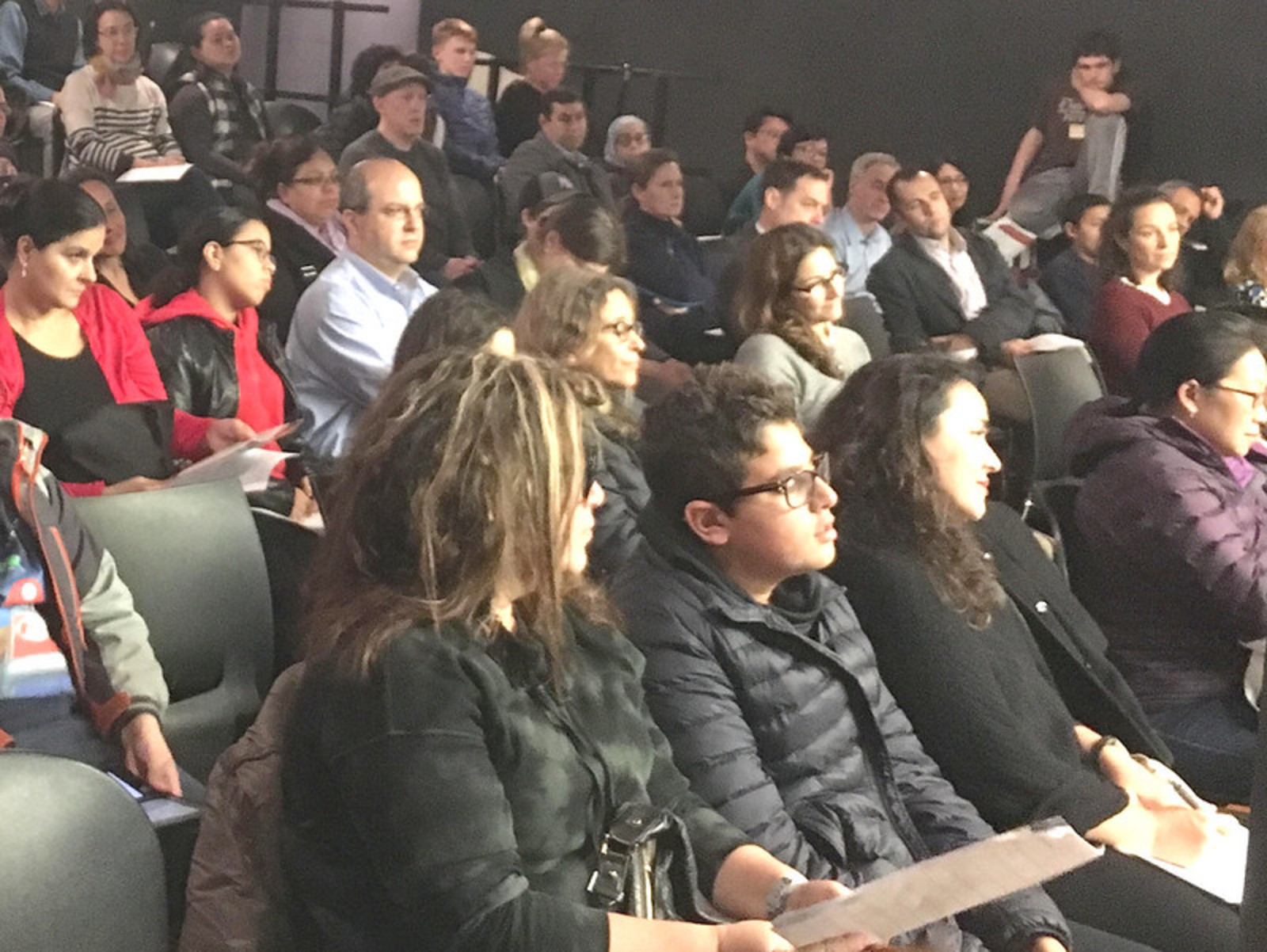Five special ed questions to ask on high school tours

If your child has special needs, applying to high school can be an especially daunting task. The information you need to make good choices may not be readily available on school websites or in the high school directory. While all schools are expected to offer special education services, the reality is some schools are much more accommodating and a better fit than others.
Here are five important questions you can ask to learn more:
How does your school help students manage their workload? It’s common for teens to struggle with executive functioning—the skills they need to plan, follow instructions, focus their attention and juggle multiple tasks. For students with special needs, managing all the work packed into a long day of classes can be especially difficult. I find it encouraging when I hear that teachers at a school post their curriculum, reading materials, homework assignment details and due dates online via platforms such as Google Classroom and Pupilpath, but often that’s not enough. I also like to hear how teachers provide individual support to students who need extra help staying organized.
How do teachers support students who struggle? Most schools offer tutoring and teacher office hours during and after school, but oftentimes getting extra help is voluntary and not all students will step up on their own. I like to hear how schools identify and support students who struggle in a particular subject or across the board. Regardless of their approach, schools should have plans in place to prevent students from slipping through the cracks, such as mandatory tutoring for students who are lagging behind, frequent check-ins with their teacher and sending parents weekly or bi-weekly student progress reports.
How do you provide social-emotional support and handle student conflict? Social challenges go beyond making friends. In many classrooms, students are expected to work together on projects and resolve small conflicts or seek help for conflicts on their own. Parents should be looking for answers on how students are supported in academic group work, how students are identified and served when requiring behavioral and emotional support, and how and when discipline and conflict resolution strategies such as restorative justice are used.
How is ICT (integrated co-teaching) and other special education services offered in the upper grades? Most high schools provide ICT—where a mix general education and students with disabilities are taught by two teachers, one trained in special education. Oftentimes ICT is offered in the core subjects required for graduation such as English, science, math, and history and at some schools, students in the upper grades may take advanced or college level courses to fulfill some of those core requirements. Ask schools if they offer ICT and other services such as SETSS (Special Education Teacher Support Services) to support students taking those advanced classes.
What about their special education services demonstrates their commitment to inclusion? What progress have they made in the past years and what is their goal for next year? Is a special education teacher leading this effort? Parents have certainly been seeing progress at schools in the past few years. More schools are hosting special education open houses where they share their recipes for success with their special education services in college-level and world language classes, self-contained classes for students who need support, and transition assessments and services. Parents will likely hear schools say that they follow the IEP. However, once the student is enrolled, the district representative at the school is ultimately the one who decides what goes on the IEP even though parents are still members of the IEP team. Thus, parents need to ask schools questions to identify which ones share similar perspectives with them on the meaning of inclusion. Having an assistant principal who is trained in special education is ideal.
Jenn Choi is a special education advocate and assistive technology coach at Special Support Services (photo credit: Jenn Choi)
A previous version of this article ran in October 2019. It has been updated with new information.
Please Post Comments